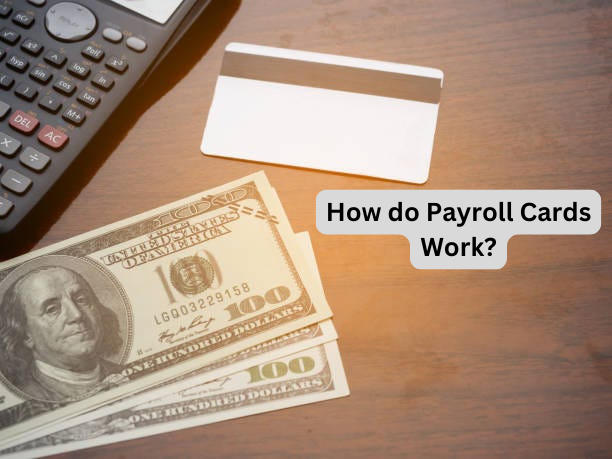Purpose of Form 1099

What is the Purpose of Form 1099?
Introduction
Form 1099 is a key element of the U.S. tax system, used to document and report various types of income that fall outside traditional employment. Whether you’re an independent worker, a business owner, or an investor, understanding this form is critical for proper tax reporting and compliance. Let’s explore the Purpose of 1099 form and why it matters.
What is Form 1099?
Form 1099 is a tax document that reports income not covered by a W-2, which is typically issued to employees for wages. It applies to many income sources, including freelance work, investment earnings, and rental income.
The main purpose of this form is to provide a clear record of income that the IRS can use to ensure taxpayers report their earnings accurately. It promotes accountability and transparency in the tax system, helping reduce errors and underreporting.
Who Issues or Receives Form 1099?
Form 1099 is used in a variety of situations based on the type of income. Some common scenarios include:
1.Freelancers and Independent Contractors:
Businesses issue a 1099-NEC to nonemployees who earned $600 or more for services during the tax year.
2.Investment Earnings:
Financial institutions send forms like 1099-DIV for dividends and 1099-INT for interest income to investors.
3.Real Estate Income:
Rental property owners may receive a 1099-MISC for payments like lease bonuses or other income unrelated to rent.
4.Other Payments:
Royalties, prizes, or forgiven debts may also trigger the issuance of a 1099 form.
In each of these cases, the purpose is to document income for both the payer and recipient, as well as for the IRS.
Types of Form 1099
There are several versions of Form 1099, each designed for specific income types. Some of the most frequently issued forms include:
- 1099-NEC: For payments made to independent contractors or freelancers.
- 1099-MISC: For miscellaneous income, such as rents, royalties, or awards.
- 1099-DIV: For dividends earned from investments.
- 1099-INT: For interest income from savings or bonds.
- 1099-B: For profits or losses from the sale of securities.
- 1099-R: For distributions from pensions or retirement accounts.
- 1099-G: For government payments, such as unemployment benefits or tax refunds.
Each form ensures specific income categories are properly reported to the IRS.
Why is Form 1099 Important?
The significance of Form 1099 goes beyond simple documentation. It:
1.Supports Accurate Tax Filing:
Recipients use the form to include all income sources in their tax returns.
2.Enables IRS Oversight:
The IRS cross-references 1099 forms with tax filings to confirm all income is accounted for.
3.Helps Avoid Penalties:
Failing to report 1099 income can result in fines, audits, or other penalties.
For businesses, issuing these forms correctly reduces the risk of compliance issues, while for taxpayers, it provides an official record of earnings.
When Are Form 1099s Issued?
Payers are required to send out Form 1099 by January 31st of the year following the payments. This deadline gives recipients enough time to report the income when filing their taxes, typically by April 15th.
If you expect a 1099 but don’t receive it by mid-February, reach out to the issuer to avoid delays in your tax filing.
How to Use Form 1099 When Filing Taxes?
Once you receive a Form 1099, follow these steps to ensure proper reporting:
1.Review the Details:
Confirm that your name, address, and Taxpayer Identification Number (TIN) are accurate. Ensure the payment amount aligns with your records.
2.Report the Income:
Include the income on your tax return. Different types of income go on specific forms or schedules, such as Schedule C for freelance work or Schedule B for interest and dividends.
3.Keep Copies:
Retain a copy of the form for your records in case of future audits or discrepancies.
Managing 1099 forms properly ensures smoother tax filing and helps avoid errors or penalties.
Common Misunderstandings About Form 1099
Some misconceptions surrounding Form 1099 can cause confusion. Here’s what you need to know:
1.Income Below $600 Must Still Be Reported:
Even if no 1099 is issued for amounts under $600, all income must be reported on your tax return.
2.Taxes Are Not Withheld Automatically:
Unlike W-2 forms, 1099s usually don’t reflect tax withholdings. You’re responsible for setting aside money to cover your tax obligations.
3.No 1099 Doesn’t Mean No Taxes:
Even if you don’t receive a 1099 for certain income, you’re still required to report it.
Conclusion
Form 1099 is an essential tool for ensuring all non-wage income is properly reported to the IRS. Whether you’re issuing the form as a business or receiving it as a taxpayer, understanding its purpose is vital for maintaining compliance and avoiding penalties.
By staying organized, meeting deadlines, and accurately reporting income, you can ensure a smoother tax season and a solid financial foundation. Familiarize yourself with Form 1099 now to make tax time less stressful and more straightforward.






